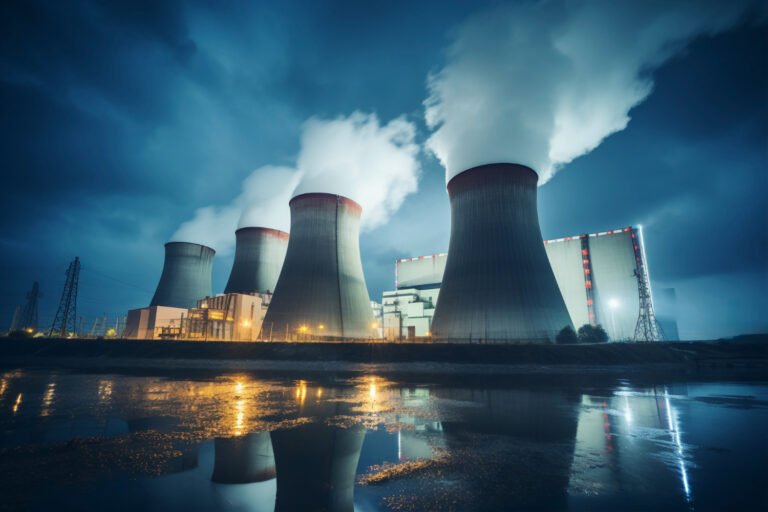Accelerating Carbon Removal Technologies: A Critical Step Toward Climate Stabilisation
Stabilising Earth’s climate necessitates not only reducing greenhouse gas emissions but also actively removing existing carbon dioxide from the atmosphere. Emerging carbon removal technologies are pivotal in this endeavor, yet their development and deployment face significant challenges. Immediate and concerted action is essential to advance these technologies and integrate them effectively into climate strategies.
Key Points
- Urgency of Carbon Removal: To limit global warming to 1.5°C, it’s insufficient to merely reduce emissions; we must also extract substantial amounts of CO₂ already present in the atmosphere. This dual approach is critical to mitigating severe climate impacts.
- Technological Innovations: Various methods are under exploration, including:
- Direct Air Capture (DAC): Technologies like those developed by Climeworks filter CO₂ directly from ambient air, which is then stored underground or utilized in products.
- Biochar Production: Converting biomass into biochar stores carbon in a stable form that can enhance soil fertility and sequester carbon for extended periods.
- Enhanced Weathering: Spreading finely ground minerals like basalt on land accelerates natural chemical processes that absorb CO₂.
- Implementation Challenges: Despite their potential, these technologies face hurdles such as high costs, energy requirements, and the need for extensive infrastructure. Scaling up to meaningful levels demands substantial investment and supportive policies.
- Policy and Investment Needs: Governments and private sectors must prioritize funding for research, development, and deployment of carbon removal technologies. Clear policies and incentives are crucial to drive innovation and adoption.
- Integrative Approach: Carbon removal should complement, not replace, aggressive emission reduction efforts. A holistic strategy combining both approaches is vital for effective climate mitigation.
Advancing carbon removal technologies is indispensable for achieving climate goals. Immediate action to overcome existing barriers will determine our success in stabilizing the climate and securing a sustainable future.







